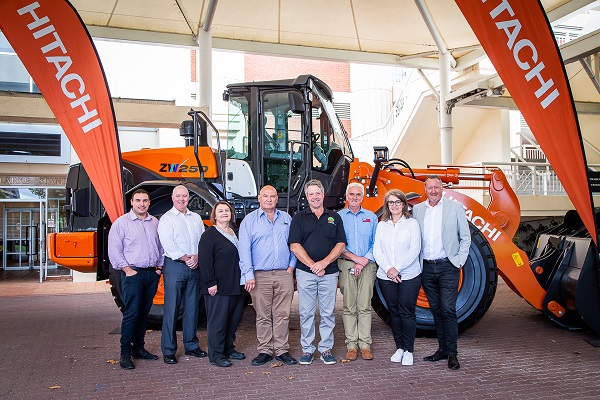Building capability in construction

The CCF Positive Mental Health and Wellbeing Summit is part of Positive Plans – Positive Futures a prevention focused mental health initiative supported by WorkSafe’s WorkWell Mental Health Improvement Fund.
The Civil Construction Federation (CCF) Victoria says the construction industry could be facing a “perfect storm” of mental health issues with the expectation that the industry will carry out a significant responsibility of the post-COVID financial recovery.
CCF Victoria chief executive John Kilgour says he wants to make sure the industry is able to excel financial while also making sure there are a number of industry-leading wellbeing initiatives.
“We have cultural heritage plans, energy efficiency plans and COVID-safe plans but we think it is time construction businesses to have a mental health action plan,” he says.
“We need to make a pledge to make mental health and wellbeing a priority in the workplace.”
The “perfect storm” refers to the fact that the construction industry is already a high-stress industry. A 2018 Swinburne University study showed that the average levels of depression, anxiety and stress in this industry exceeded population norms by 40 percent for depression, 38 percent for anxiety and 37 percent for stress.
These high stakes have been super charged with billions of dollars in new infrastructure programs designed to stimulate a COVID-struck economy.
CCF Victoria has convened a Positive Mental Health and Wellbeing Summit on 25 March 2021 to make sure that construction workers are as mentally healthy as they are physically safe.
“The importance of taking a prevention led approach and creating and sustaining mentally healthy workplaces is an increasing point of focus for businesses in a multitude of sectors across Australia,” John adds.
“Recognising the importance of directly addressing these issues, CCF Victoria is taking the initiative to support owners and managers in the civil construction industry to create mentally healthy workplaces by assisting them to develop mental health action plans for businesses that can be used as demonstration of their capability when they tender for projects.”
These action plans are the first of their kind in the construction industry and they are being co-designed with input from all parts of the construction industry.
Monash University’ Turner Institute professor Shantha M. Wilson Rajaratnam says one critical factor the construction industry needs to consider are the demands of construction work and the need for proper rest: “Within the construction sector, there is a need to adopt prevention focused and evidence-based sleep and fatigue programs to reduce the substantial health and productivity impacts.
Shantha has found that one of the most important things to do is to bring this issue to light and to make sure there is no taboo to talking about mental health issues. To this end the CCF Victoria summit is designed to bring industry leaders together to highlight the issue and to make changes.
